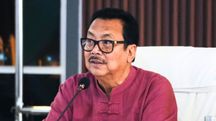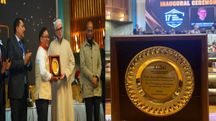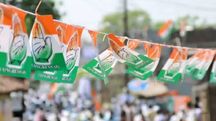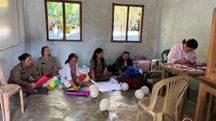Arunachal CM Pema Khandu: "Soon we will have a properly structured Freedom of Religion Act"
Chief Minister Pema Khandu announced on Friday that the dormant Freedom of Religion Act, 1978, will soon have its rules framed and implemented in Arunachal Pradesh.
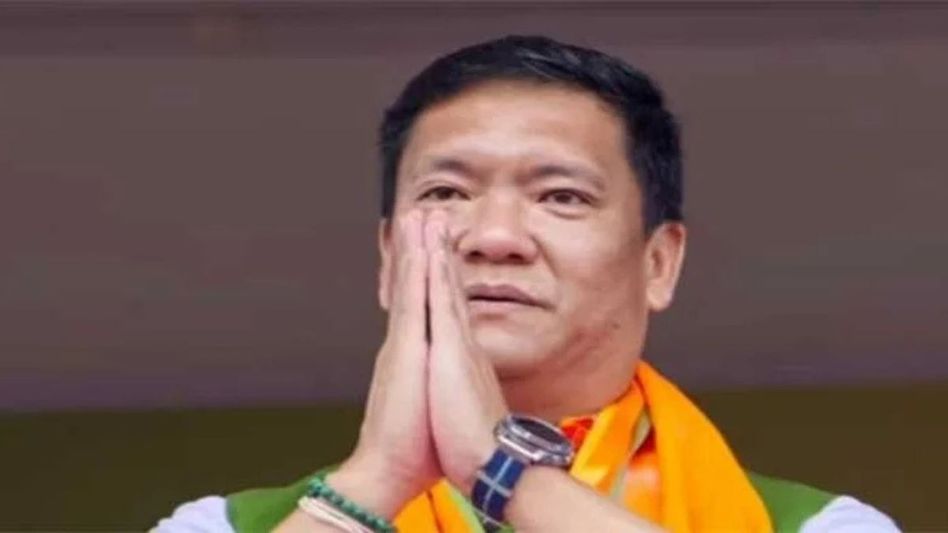
Chief Minister Pema Khandu announced on Friday that the dormant Freedom of Religion Act, 1978, will soon have its rules framed and implemented in Arunachal Pradesh.
Speaking at the Silver Jubilee Celebrations of the Indigenous Faith and Cultural Society of Arunachal Pradesh (IFCSAP) held at IG Park in Itanagar, Khandu acknowledged the foundational role played by the state’s first Chief Minister, PK Thungon, under whose leadership the legislation was passed in 1978.
The Act, designed to prohibit religious conversions through force, inducement, or fraudulent means, had remained inactive. However, Khandu revealed that a recent directive from the Gauhati High Court has prompted the state government to expedite the process of framing rules for its implementation.
"The process of framing the rules is underway, and soon we will have a properly structured Freedom of Religion Act in place," Khandu stated, emphasizing that the Act will play a crucial role in preserving the indigenous faith and culture of Arunachal Pradesh.
Also Read: Arunachal : Union Minister Jual Oram celebrates indigenous culture at silver jubilee event
Khandu highlighted the inseparability of faith and culture, describing them as "two sides of the same coin." He expressed concern about the global disappearance of indigenous tribes and cultures and stressed the importance of safeguarding Arunachal Pradesh’s unique identity. Despite the pressures of modernity and development, the state has successfully preserved its indigenous traditions, which have been passed down through generations.
He attributed this achievement to the efforts of IFCSAP and its dedicated volunteers. "As the saying goes, 'Loss of culture is loss of identity.' Thanks to IFCSAP, we have retained our culture, and our identity stands tall among its peers across the world," he said.
Khandu paid tribute to champions of indigenous faith and culture, including Golgi Bote, late Talom Rukbo, late Mokar Riba, late Nabam Atum, and Dr. Tai Nyori, among others.
The Chief Minister noted that the state government had established the Department of Indigenous Affairs in 2017 to preserve and promote indigenous culture, institutions, and languages. He announced that the department will soon be renamed to better reflect its role in safeguarding indigenous faith and culture.
However, Khandu cautioned that the government alone cannot ensure the preservation of Arunachal Pradesh's heritage. "The responsibility lies on the 26 major tribes of the state," he remarked, calling on IFCSAP, community-based organizations (CBOs), and the people of Arunachal to take ownership of this mission.
Khandu assured unconditional support for the indigenous movement and encouraged all stakeholders to continue their efforts to preserve and promote the state's rich cultural and linguistic heritage for future generations.
Copyright©2025 Living Media India Limited. For reprint rights: Syndications Today
